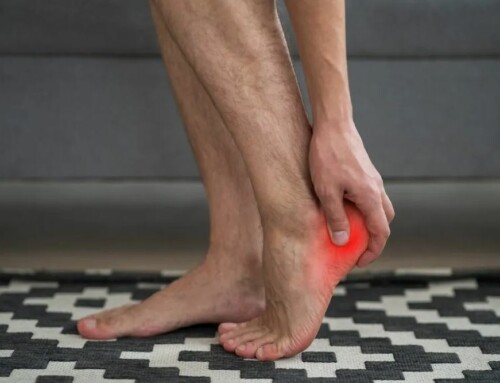Queensbury physical therapy for shoulder pain:
Shoulder impingement syndrome and rotator cuff tears are two common causes of shoulder pain. They both result in pain, weakness, and limitations in range of motion. Regular day to day activities can become very difficult to do and participation in desired recreational activities can also become limited. Shoulder injuries are common across all age categories and there are many causes. Shoulder impingement and rotator cuff tearing can occur separately or together.
Shoulder impingement syndrome occurs when the rotator cuff tendons and the subacromial bursa (cushion between bone and tendons) become pinched, resulting in inflammation. Certain positions which you might place your arm in can make the pinching worse. Symptoms include gradual onset of pain that may be sharp and can come and go at first but then becomes more consistent, noticeable decrease in range of motion, and increased pain at night.
A rotator cuff tear can result from long-term irritation that leads to degenerative changes or from trauma. A person with a rotator cuff tear will notice pain and weakness. Pain may refer into the upper arm. Initially, pain may be mild and only present with specific movements. Certain athletes are more prone to rotator cuff tears and certain activities performed when a tendon is already weakened can increase the likelihood of experiencing a rotator cuff tear. Typically, there will be pain and tenderness in the shoulder, especially with movement over shoulder height, reaching, lifting, pulling, and sleeping on the involved side. Weakness will likely be present and there is a good possibility the person will have a loss of motion.
At Queensbury Capital Area Physical Therapy and Wellness, we can evaluate, examine, and assess your shoulder to determine the best course of action to help you reduce your pain level and restore your range of motion. Seeking treatment sooner, rather than later, can prevent symptoms from worsening and help get you back to your normal activities as soon as possible. Treatment for shoulder impingement syndrome and rotator cuff tears is similar. Non-surgical management of rotator cuff tears is often recommended prior to the determination that surgery may be necessary.
by Kate Pratt, PT, DPT
Capital Area Physical Therapy and Wellness
Malta, NY and Queensbury, NY






